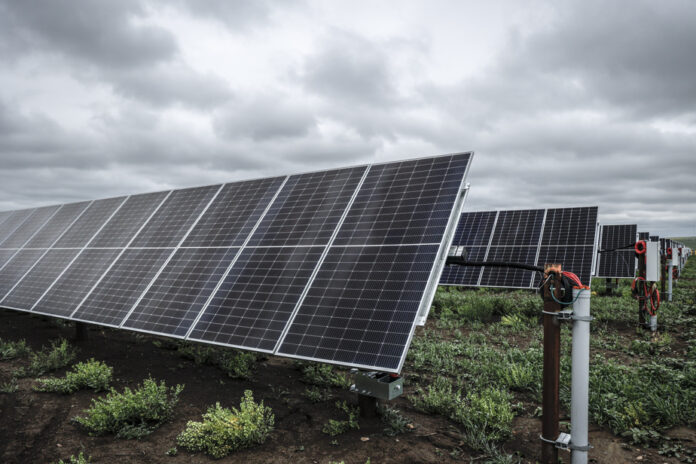(Montreal) The Canadian Renewable Energy Association (CanREA) is calling on the Quebec government to modernize the regulatory framework that governs solar and wind power generation, including rules that limit the sale of surplus energy to Hydro-Quebec.
CanREA filed a brief on Thursday as part of the public consultation initiated by Quebec on the supervision and development of clean energies.
The document offers five recommendations to the government to achieve carbon neutrality by 2050.
Currently, Quebec citizens and businesses are successfully reducing their electricity bills by producing their own wind or solar energy. Thus, Hydro-Québec customers who subscribe to the “net metering” program exchange their surplus energy with the Crown corporation.
“For example, if you generate electricity at noon, but only need it at 3 a.m., Hydro-Québec will compensate you, offering credits in the form of kilowatt hours (kWh) for having generated electricity at a certain time of the day,” explained CanRea’s director for Quebec and Atlantic Canada, Jean Habel.
There are, however, “significant barriers” to the net metering program, he pointed out.
Jean Habel gave the example of the Varennes library, which is equipped with 110 kW photovoltaic panels, and which is therefore not eligible for the Hydro-Québec program.
“If the library does not consume what it produces, then it sends energy to the grid for free,” said Jean Habel.
CanREA suggests that Quebec raise the threshold to 50 kW and take inspiration from new rules that will be put in place in Nova Scotia.
In this province, companies that produce 1000 kW will be able to obtain credits for the entire surplus that they inject into the network. This limit will be 200 kilowatts for smaller customers.
In an interview with La Presse Canadienne, CanREA’s director for Quebec and Atlantic Canada highlighted other rules that would curb the self-production of electricity from solar or wind energy.
For example, a mining company can install wind turbines on its land, but it “cannot ask a private power producer to manage its production.” It is therefore necessary that “the mine builds its own wind farm and manages it itself”.
Independent power producers “can therefore only operate by responding to Hydro-Québec’s calls for tenders”, underlined Jean Habel who suggests “legislative adjustments” that would allow agreements between a consumer and a producer, other than Hydro-Québec, when the production of renewable electricity is on a site near the site of consumption.
“Electricity production must be brought as close as possible to the places of consumption to reduce the pressure on the transmission network”, underlines the brief filed by CanREA.
CanREA also suggests integrating the achievement of carbon neutrality by 2050 into the Sustainable Development Act and the Act respecting the Régie de l’énergie.
“Quebec has already signed agreements with the United Nations where it undertakes to achieve carbon neutrality” and by integrating this target into the law, “it would ensure that all departments and agencies working have this objective in their plans, policies and government actions”.
The Canadian Renewable Energy Association also recommends “developing integrated energy resource planning” and “strengthening and clarifying the role of the Régie de l’énergie” so that it can “comment and take positions” on all calls for tenders related to energy in Quebec.
CanREA’s brief stresses that “the scale and speed of deployment of renewable energy generation required to meet climate goals and contribute to the decarbonization of external markets will be unprecedented” and that it is “thus essential that Quebec adopt agile regulations allowing the use of decarbonized energy to reduce GHG emissions from Canada’s industrial, transportation and building sectors”.
The public consultation on the framework and development of clean energy in Quebec runs until August 1.
The government must table a bill in the fall that should modernize the energy sector, the Hydro-Québec Act and the Act respecting the Régie de l’énergie.















